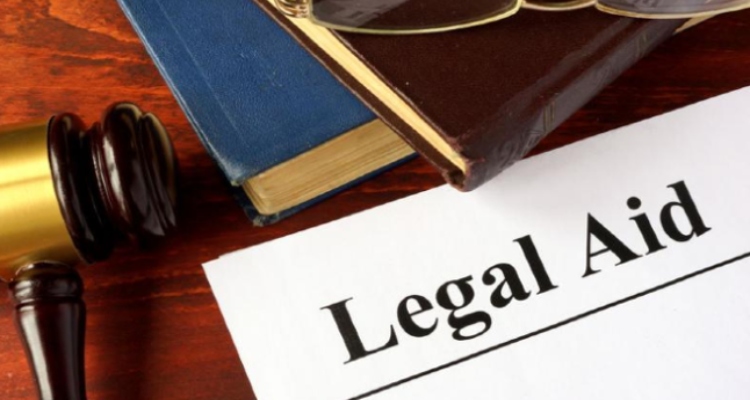
The Kerala High Court has mandated that 28 lawyers from the Kottayam Bar Association provide legal aid services for six months. This decision comes as a means to purge the contempt charges against them, following their unconditional apology.
Contempt Proceedings Initiated
The Court had initiated suo moto contempt proceedings against these lawyers for protesting and allegedly using abusive language against a female Chief Judicial Magistrate (CJM) in Kottayam. A bench of Justice P. B. Suresh Kumar and Justice C. Pratheep Kumar observed that merely tendering an apology was insufficient and ordered the lawyers to offer legal aid services.
“We deem it appropriate to accept the unconditional apologies tendered by respondents 2 to 29 and purge the contempt committed by them based on the undertaking that they shall offer their services to the District Legal Services Authority, Kottayam for free legal aid to the poor and needy, for a period of six months from today,” the bench noted.
After the preliminary hearing, the Court established a prima facie case of criminal contempt against the lawyers. They had used abusive slogans and derogatory remarks towards the CJM both inside and outside the courtroom, disrupting ongoing court proceedings. Consequently, the Court issued a notice to the lawyers, who then tendered their unconditional apologies in accordance with Rule 14(a) of the Contempt of Courts (High Court of Kerala) Rules.
Requirement Beyond Apology
The division bench further stated that contempt proceedings could not be closed solely based on their unconditional apologies. Thus, the Court found it appropriate to require the lawyers to provide legal aid services through the Kottayam District Legal Services Authority. It further asked the District Legal Services Authority to maintain a record of the matters assigned to the lawyers and to submit a compliance report to the Court.
Legal Aid Services in India
Legal aid services in India aim to ensure that justice is accessible to all, irrespective of their economic or social status. These services are governed by the Legal Services Authorities Act, 1987, which led to the establishment of the National Legal Services Authority (NALSA) and various State Legal Services Authorities. These bodies are responsible for providing free legal services to those who cannot afford them.
Scope and Benefits of Legal Aid
Services include legal representation in court, legal advice, and support for litigation costs. NALSA also conducts Lok Adalats (People’s Courts) for the settlement of disputes through alternative dispute resolution methods, which are quicker and less formal than traditional courts.
Legal aid can significantly benefit marginalized communities, including economically disadvantaged individuals, women, children, Scheduled Castes (SC) and Scheduled Tribes (ST), victims of trafficking, and those with disabilities. By providing free legal services, these communities gain access to justice, which can help in resolving disputes, protecting their rights, and securing entitlements. For instance, legal aid can assist in cases related to land disputes, domestic violence, labor rights, and access to public benefits.
Overall, legal aid services help bridge the gap between the law and the marginalized, ensuring that the legal system serves everyone equitably and fostering a more just and inclusive society.




